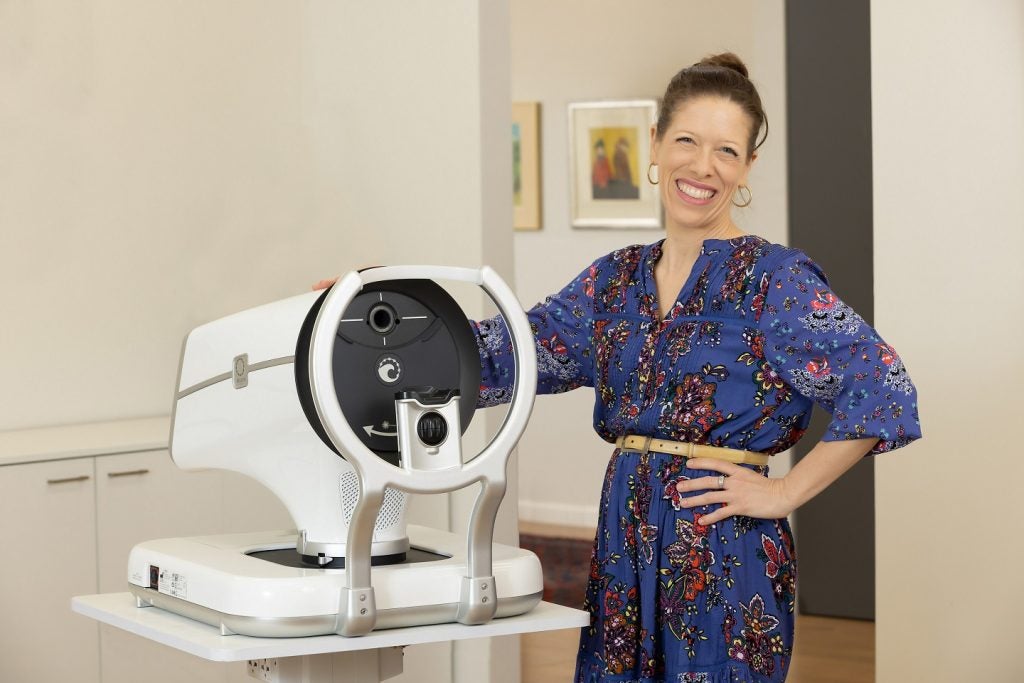The global launch of Beta Bionics’ iLet bionic pancreas may result in a restructuring of the diabetes care devices market, which comprises continuous glucose monitors (CGMs) and insulin pumps. This market was worth $10.6 billion in 2022 and is expected to reach $20.8 billion by 2033 according to GlobalData, a data and analytics company.
The iLet bionic pancreas is an autonomous insulin delivery (AID) system that simplifies diabetes management to reduce stress on patients and healthcare providers. While integrating with the Dexcom CGM G7, users can benefit from fast and accurate readings from Dexcom’s sensors and transmitters, removing the need for fingerstick readings. Physicians no longer need to determine complex values such as correction factors, insulin-to-carb ratios or pre-set basal rates, as the product only requires data on the patient’s weight.
With the firmware update for the iLet bionic pancreas, users can also select Dexcom G7 or G6 CGMs and switch back to whichever sensors they wish to use. While AID systems still make up a small portion of the overall diabetes care devices market, the clear benefits of a device that needs little input from diabetes patients means that it will be sought after, and GlobalData expects that there will be greater interest in these products going forward.
The major players in the insulin pump and CGM segments are Medtronic and Abbott, which together make up approximately 43% of the market. Since most of the major companies operating in insulin pumps and CGMs have also developed their own AID systems, GlobalData does not expect that huge changes in the hierarchy of the diabetes care devices market will occur. However, this does present an opportunity for companies that occupy smaller sections of the market to make gains as the patient population begins to move at higher rates from traditional insulin pumps and CGMs to AID systems.
While the iLet bionic pancreas is the latest AID system to be unveiled, other products such as Insulet’s Omnipod 5 and Medtronic’s MiniMed 780G, which both function in a similar fashion, have been marketed in this space throughout 2022 and 2023. The development of devices requiring fewer hands-on processes - such as the iLet bionic pancreas - push this space closer to an effectively self-operating artificial pancreas, which would require virtually zero manual actions. As companies move forward to create a device with those capabilities, the potential gains from such a device will become increasingly favourable.
















